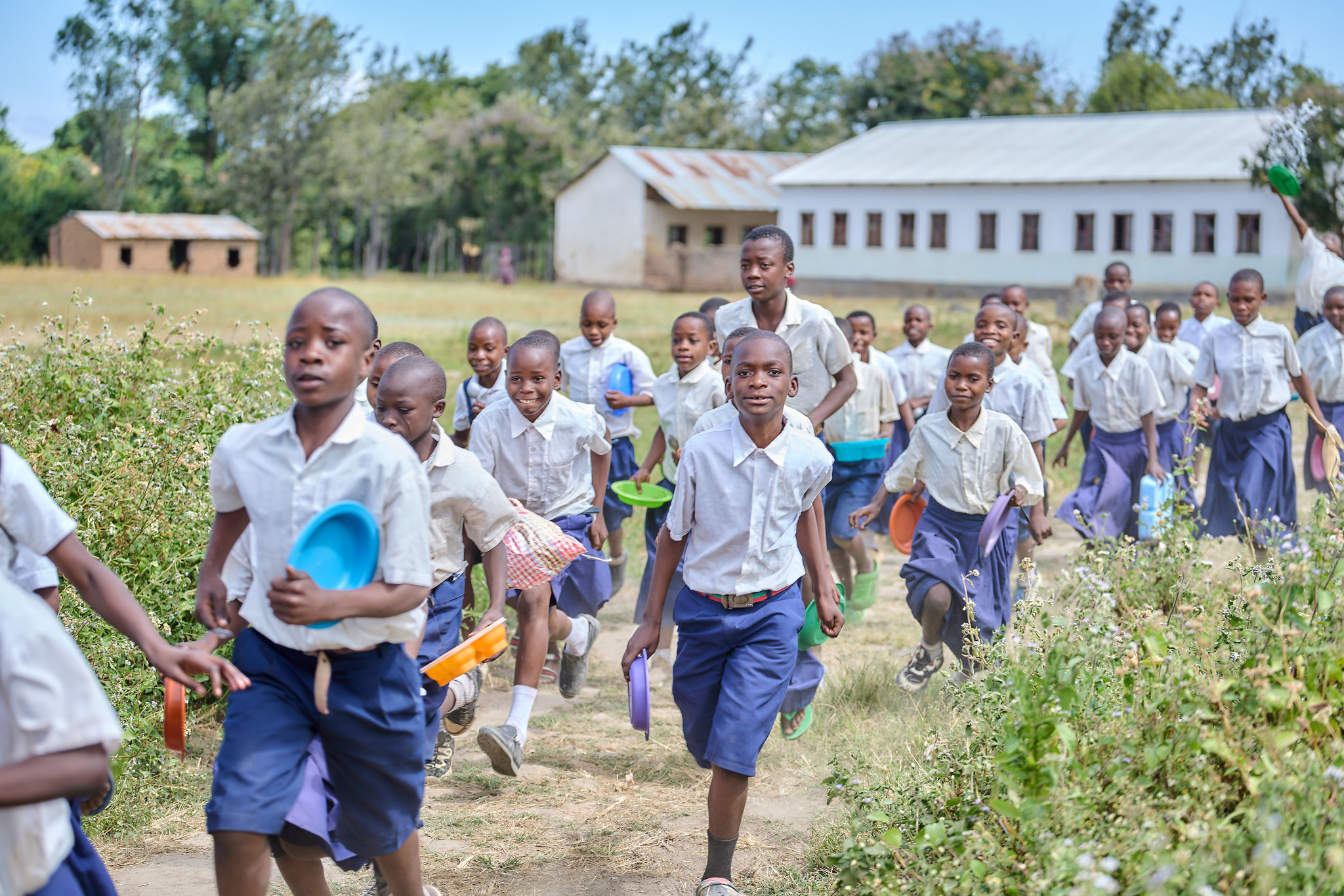Although women are key actors in across food chains and the global food system, their contributions are often overlooked and undervalued due to gender norm biases and unequal distribution of resources—problems compounded by the COVID-19 pandemic. Thus gender equality is a critical factor in rebuilding and transforming food systems, including promoting the adoption of new technologies and serving as a catalyst for climate change mitigation. Gender equality is also key to achieving the Sustainable Development Goals by 2030.
Global food system organizations play a crucial role in advancing gender equality around the world. But how are they, themselves, doing on that front? The Global Food 50/50 initiative, a new collaboration between Global Health 50/50 and IFPRI, with support from USAID, aims to cast light on and improve their gender equality performance, with the goal of building more effective organizations—and ultimately more equitable and sustainable food systems. The Global Food 50/50 inaugural report reviews the gender policies and practices of 52 major organizations.
The report’s key findings include:
- 92% of organizations have made public commitments to gender equality, but about one third lack accessible policies with specific measures to back up their commitment to gender equality.
- Boards are among the most influential bodies in the global food system, yet only 20% of organizations have policies available in the public domain with commitments and mechanisms to advance board diversity and inclusion.
- Women lack access to leadership positions: Across 97 CEOs and board chairs, only 6% are women from low and middle-income countries.
- A lack of transparency persists regarding income inequality: Only 12 of the organizations reported on their gender pay gap.
Although about 65% of organizations have public commitments to addressing gender inequality, “we should still be worried because about 4% of organizations make no reference to women and girls,” said IFPRI Director for Africa Jemimah Njuki, a coordinator of the report.
Organizational transparency is key to reshaping the workplace, the report notes, and gender equality measures are important because they indicate action, as do diversity and inclusion policies, an area that needs further improvement given that only 50% of organizations have these in place.
Gender equality benefits everyone in the society, not just half of the population. However, “the terminology of ‘gender’ in the global health system is relatively new,” said Sarah Hawkes, Co-Founder and Co-Director of Global Health 50/50. “Systems are never gender neutral, and that is what we try to capture in these accountability mechanisms. Transforming systems is important, so we have to look at the deep structural gender inequalities that we operate within then we are unlikely to achieve transformative change.”
The Global Food 50/50 report aims to hold up a mirror of accountability to organizations committed to finding policies to allow women and girls to fully participate in society. In the future, the initiative plans to expand and diversify the organizations included in the report and to produce a more functional breakdown of organizational performance.
Karla Estrada is an IFPRI Communications Intern.







